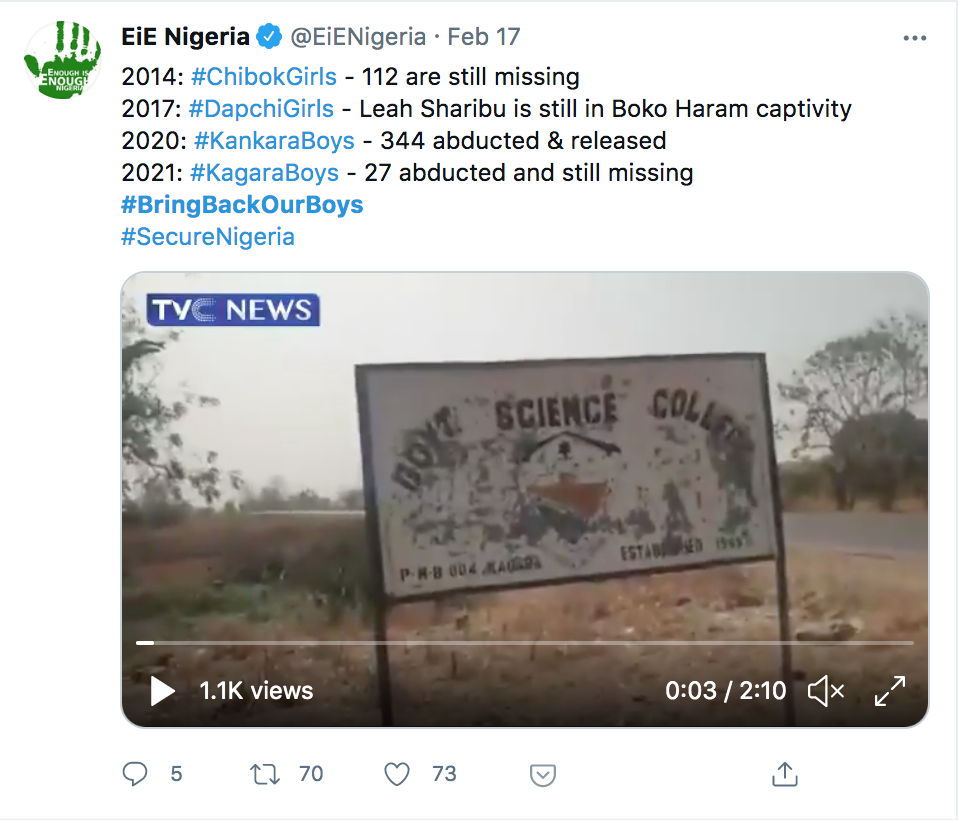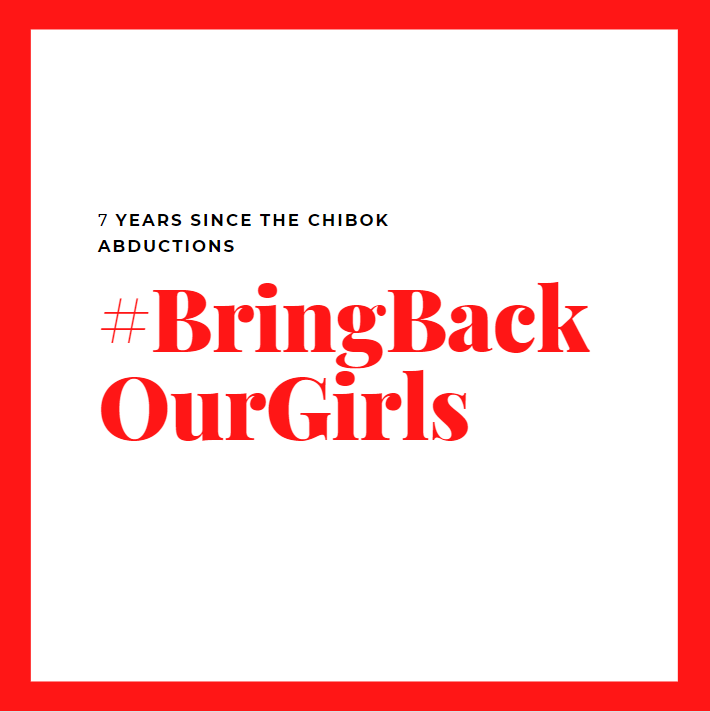This Wednesday, April 14, 2021, is the seventh anniversary of the Chibok schoolgirl kidnapping, during which Boko Haram Islamist militants abducted a total of 276 Christian schoolgirls from the Government Girls Secondary School in Chibok, Nigeria. The kidnapping garnered responses and condemnations from numerous countries – including Canada, the United States, the European Union, Israel, and the United Kingdom – and was the largest every school kidnapping to take place in Nigeria, thus exacerbating concerns of Boko Haram’s expanding capabilities.
Also of concern – and a major topic of discussion – was former Nigerian president Goodluck Jonathan and his government’s inability to prevent the violence, especially considering that multiple sources claimed that authorities had received concerns of a pending attack. Moreover, the government was slow to respond. President Jonathan waited a whole two weeks after the abduction to make a public statement; he also rejected immediate offers from the US and the UK of search teams. The incident, and the subsequent video of Boko Haram leader Abubakar Shekau claiming that the girls would be sold, started an international campaign to #BringBackOurGirls.
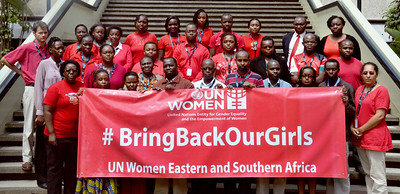
However, a whole seven years after the mass abduction, still over 100 of the kidnapped girls remain missing. Hopes are raised, occasionally, when small groups of girls have been released or have escaped throughout the past half decade. But the international community is well-aware of the kind of life that the girls who remain in captivity are forced to endure. In March 2021, Naomi Adamu, a survivor of the Chibok kidnapping, revealed that during the three years she spent in Boko Haram captivity, she was repeatedly pressured to convert to Islam and marry one of the militant fighters; she refused every time. Now, Adamu is the main protagonist of a new book on the event, titled Chibok Girls.
Jubilee Campaign continues to call for the release, recovery, and rehabilitation into society of the 112 missing Nigerian Christian girls – now young women – who were uprooted from safety and kidnapped by Boko Haram that fateful night in 2014. Jubilee Campaign also condemns and expresses concern at the rise in school kidnappings in recent months and years, particularly through February and March 2021, including: the 2018 Dapchi Kidnapping, the 2021 Zamfara Kidnapping, the 2021 Kagara Kidnapping, and the 2020 Kankara Kidnapping.
2018 Dapchi Kidnapping

On the evening of 19 February 2018, Boko Haram militants abducted 110 Nigerian schoolgirls from the Government Girls’ Science and Technical College, located in Dapchi, Yobe State, Nigeria. On the day of the mass kidnapping, five girls had died as a result of the struggle. All of the remaining 104 abducted girls were released the following month, except for 14-year-old Christian girl Leah Sharibu, who remains in captivity for repeatedly refusing to renounce her faith and convert to Islam. She has spent three birthdays in Boko Haram captivity, and recent reports suggest that she has borne two children to one of her captors.
2021 Kagara Kidnapping
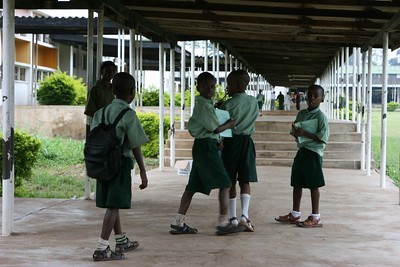
At 2 AM on 24 February 2021, a group of gunmen ambushed the Government Science Secondary School in Kagara, Niger State, Nigeria and abducted 27 students and 12 staff members. One young schoolboy was killed during the abduction. The group had spent 9-10 days in captivity, after which they were released following government negotiation with the captors.
2021 Zamfara Kidnapping
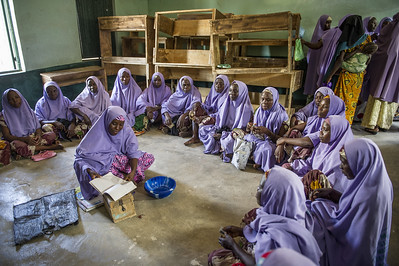
On 26 February 2021, armed bandits kidnapped 279 schoolgirls between the ages of 10-17 years from their Government Girls Science Secondary School in Jangebe, Zamfara State, Nigeria. During the abduction, some 50 students were able to escape, and the other students who were abducted were forced to walk on their feet through stones and thorns to Dangulbi forest. In response to the kidnapping, Nigerian president Buhari called it “inhumane and totally unacceptable.” Days later, on 2 March, the girls were released; though police were in contact with the armed kidnappers, no ransom was paid for the release.
2020 Kankara Kidnapping
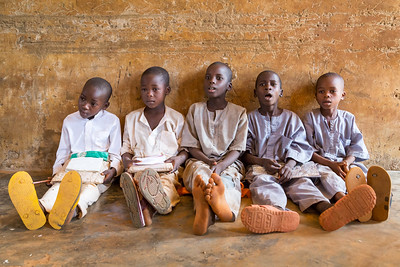
On the evening of 11 December 2020, a group of bandits abducted 333 schoolboys from the all-boys Government Science Secondary School in Kankara, Katsina State, Nigeria. Days later, an audio message allegedly from the leader of Boko Haram in Nigeria claimed the terrorist group’s involvement in the kidnapping. In response to the abduction, and as a callback to the 2014 Chibok kidnapping, the hashtag #BringBackOurBoys trended on social media. A week following the incident, the group of boys was released and recovering in Zamfara.
